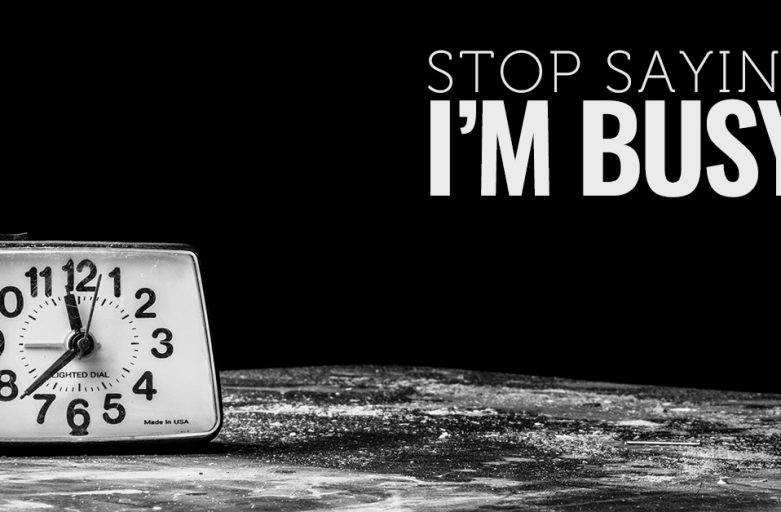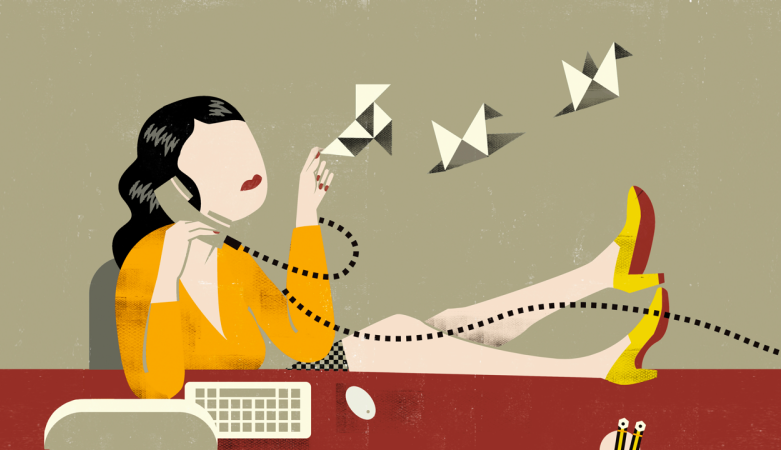“Consciously regulating your emotions transform the experience of your life”
Normally we are going through lot of emotions from situation to situation in our daily life. Few emotions do not get a chance to regulate themselves and its intensity goes up and above. We are going through lot of ups & downs within our emotions, which become routine for us. We are not so conscious about taking cognisance of extremely wavering graph of our emotions. Sometimes it feels good in a routine but give feeling of fatigued & exhausted at the end of the day. As our emotions change, our breathing pattern also changes. So it has a contribution to our physical exertion also. This emotional roller coaster pushes us to express reactions without thinking in any situations, which becomes emotional outburst. Emotional outburst start hampering our health and may detect problems like diabetes, hyper-tension, hyper-acidity.
Many people complain that they don’t be able recognise and control their emotional outburst in many situations. First we need to understand that you can not control your emotions whereas you can regulate your emotions. Many times we are hesitant to accept our own emotions. If someone asks us in a situation, why are you so angry? How we react to it? We say that I’m not angry. I am Okay. But are we really Okay within our mind? So it is better not to deny our real emotion. If we can accept our emotion at that moment, at least we can recognise our emotional outburst moment.
Breathing is a vital part of our life process. It has an intersection with all of our body & mind processes. Accordingly our emotions & our breathing also goes hand in hand. When we are angry, our breath is short & fast. That is how we have specific breathing pattern in a specific emotion. If we start observing & listening our breathing, we can regulate our emotions too. Start inhaling very slowly and exhale it slowly more or double than inhaling time can really help to regulate our emotions.
If you are facing the same problem and want to learn about this in detail, get in touch with us. We can have online Skype session in case of any geographical barrier.
Contact: +91-98220-24674 or write to jeevan@mindhealth.in







